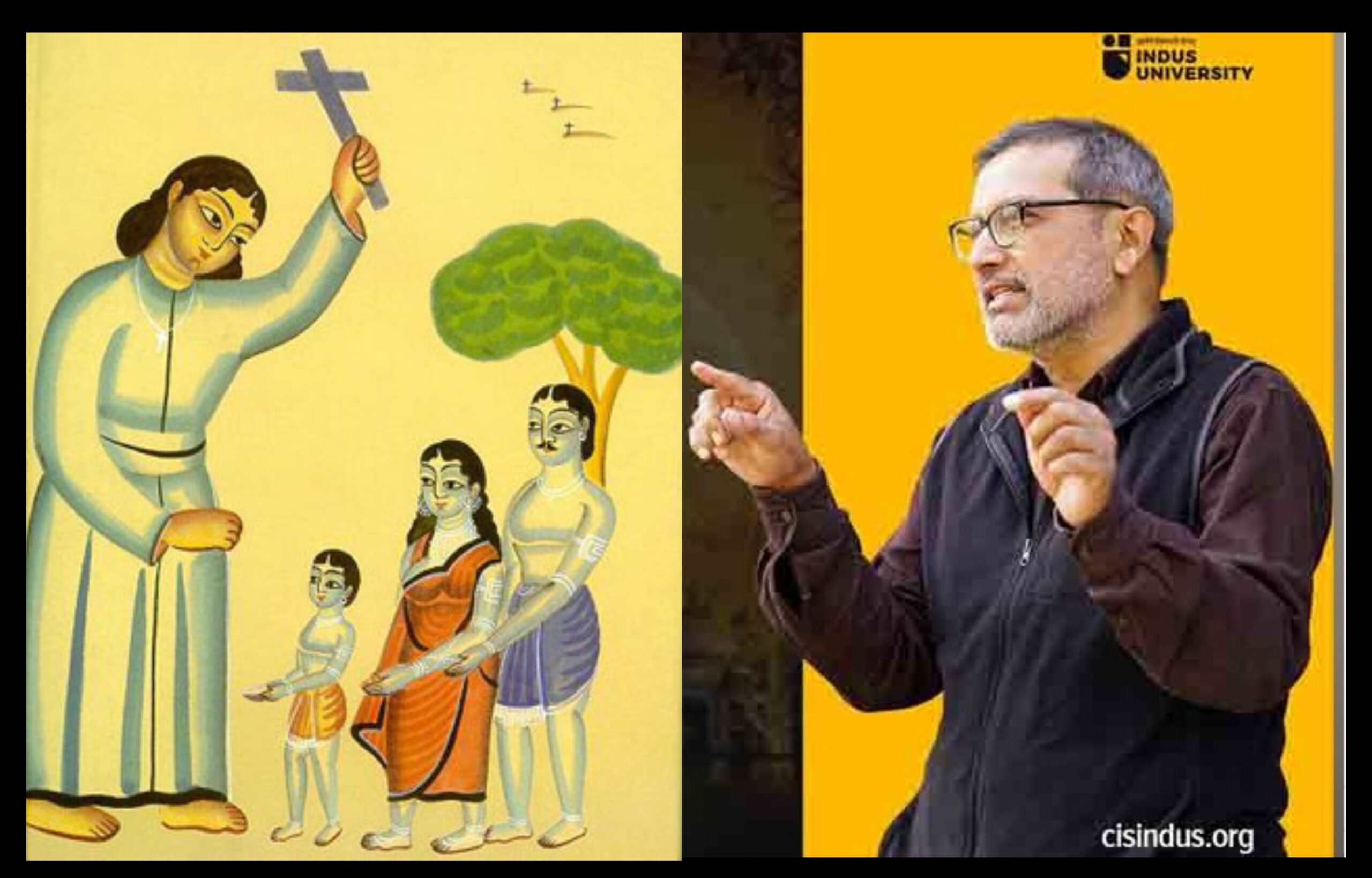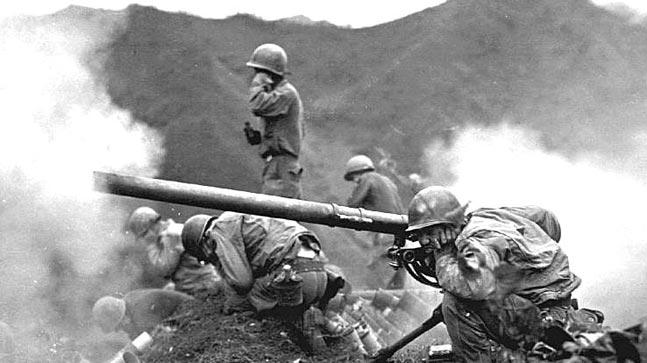- Visitor:383
- Published on:
Is India Dar-al-Harb or Dar-al-Islam? – 1
In this piece, one of India’s finest historians, Harsh Narain talks about the concept of Dar-al-Harb (Land of Infidels) and Dar-al-Islam (Land of Islam). In present times when we see how Muslims frequently flout State orders, one has to understand the Muslim psyche that works behind such behavior. In this first part of the exposition, Harsh Narain tells us about how Muslims view existence in a land ruled by non-Muslims.

The Qur’an bifurcates humanity into the Faithful/ Mu’mins/ Muslims and the Unfaithful/ Infidels/ Kafirs, and the latter into Scripturaries and Polytheists/Idolaters/Mushriks. It rules out lasting cooperative, friendly, or even peaceful co-existence of the Muslims with the Kafirs, all contemporary apologetic and rationalization to the contrary notwithstanding. The quintessence of its commands to the Muslims vis-à-vis the Kafirs (in a Dar al-Harb) as perceived, preached, and practiced by the Prophet, his Companions and Followers, and later Crescentaders and theologians/jurists, can be put as under:
- Try to convert the Kafirs to Islam.
- If any of them resist,
- Try to consign them to the grave before Allah consigns them to the hell-fire, plunder and loot their property (al-anfal/al-ghana’im) movable and immovable (al-amwal wa’l-amlak), enslave them, menfolk (usra) and womenfolk and children (sabaya) alike;
- Or, where imposition of Jizyahis permissible, let the Kafirs escape death and compound their offence of Kufr (infidelity) by disgracefully paying Jizyah, abjectly surrendering to the brute force of the Muslims, and suffering all sorts of indignities asDhimmi-s (Protected ones);
- Or, again, if you find yourselves too weak to deal with the Kafirs the way outlined above, take recourse to hejira (hijrah) and bide your time.
Taking their cue from such Qur’anic provisions, the Faithful were led to bifurcate the world into two opposite domains: Dar al-Islam (the domain of Islam) or, as Muhammad bin Ahmad as-Sarkhasi would have it, Dar al-Muslimin, and Dar al-Harb (the domain of war). Sometimes, a third domain is also proposed, particularly by Imam Shafi’I and Imam Muhammad bin al-Hasan, conceptually midway between the two and designated alternatively as Dar al-Ahd, Dar-as Sulh, Dar al-Amn, Dar al-Aman, and Dar as-Salm. Shaykh Abu Zuharah, a contemporary Egyptian scholar, regards it as a separate domain in its own right.
But there is hardly any reason to regard it as more than a variety of Dar al-Harb. It is, as a matter of fact, a Dar al-Harb qualified by a purely temporary truce or suspension of hostilities, for the simple reason that the Muslim psyche rules out permanent settlement with Kufr on terms of equality. Indeed, in Islam, as is well recognized outside the world of Islamic apologetics, war with the Kafirs is the norm and peace is contingent upon special circumstances.
This is why the great Imam Abu Hanifah counts the so-called Dar as-Sulh as part of Dar al-Islamand its non-Muslim subjects as rebels, which, to all intents and purposes, is indistinguishable from a Dar al-Harb, so far as the possibility of war against the rebels is concerned. If it is a Dar al-Islam at all, it is a Dar al-Islam only de jure. This will be clear as we proceed.
Dar al-Islam is held to be of three kinds:
- Haram/Haramayn Sharifayn (Mecca and Medinah), which only the Muslims are permitted to visit and inhabit and which the Kafirs cannot even pass through. However, Imam Abu Hanifah permits the Scripturaries to pass through it.
- Hijaz, the heartland of Arabia, including the Haramayn Sharifayn (Mecca and Medinah), which barring the Haramayn Sharifayn, of course, the Kafirs may only pass through but where they are not permitted to bury or cremate their dead. The Prophet is traditional to have willed that no Kafir should be permitted to reside there.
- The rest of the territories of the world.
Hijaz is ordained as an exclusive preserve of Islam, for, to follow Abu’l-Kalam Azad, the Muslims could take refuge in it in the event of hejira (hijrah) or expulsion from a Dar al-Harb.
The motto of a sizable section of the theologians is: once a Dar al-Islam, always a Dar al-Islam. But the consensus is that a Dar al-Islam does become a Dar al-Harb under certain conditions. Thus, Dar al-Harb is of two kinds:
- A territory that has never been a Dar al-Islam.
- A territory that is no longer a Dar al-Islam.
According to Imam Abu Hanifah, as understood by as-Sarkhasi (loc. Cit.) a Dar al-Islam changes into a Dar al-Harb under the following three conditions taken together:
- When the territory in question adjoins a Dar al-Harb, without any Dar al-Islam intervening between the two.
- When no Muslim or Dhimmi therein enjoys the security due to him on the basis of former protection rights.
If even one such person enjoys such security, it would mean that the Mushriks/Kafirs have not yet established their paramountcy and ascendancy fully (tamam) and hence the territory has not ceased to be a Dar al-Islam.
- When the rule of the Mushriks/Kafirs is freely and absolutely exercised (yazharu ahkamu ‘sh-Shirk-I fi-ha).
If even one Islamic regulation (such as adhan or circumcision) remains in force, it will indicate that they have not yet been able to establish their absolute rule, and hence the territory has not ceased to be a Dar al-Islam. On the Imam’s behalf, Muhammad bin Mahmud al-Ashtrawshani adds that, where even a part of the causal situation is intact, the effect remains extant, too, by the force of the former’s endurance.
The foregoing ruling of Imam Abu Hanifah is rejected by his own illustrious disciples, Imam Abu Yusuf and Imam Muhammad, nicknamed as Sahiban (the two masters), who lay down that the mere replacement of the rule of the Muslims by the rule of the Mushriks/Kafirs and the merest inception of the latter’s dispensation are enough to convert a Dar al-Islam into a Dar al-Harb. In his al-Mabsut, however, Imam Muhammad also observes: ‘When a Country of Islam falls into the hands of the Infidels, it remains a Country of Islam if the Infidels retain Muhammadan Governors and Muhammadan Judges and do not introduce their own Regulations.’
- 191 min read
- 0
- 0










